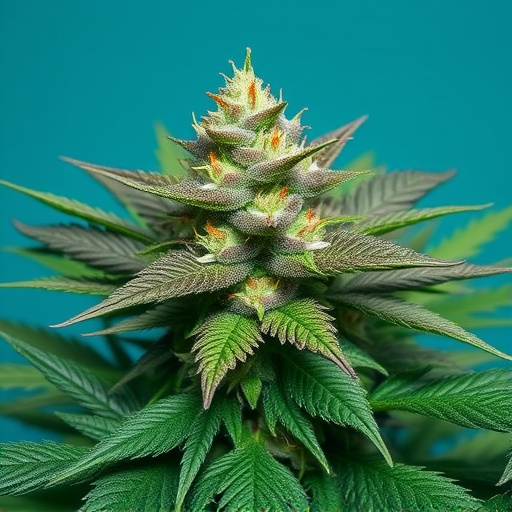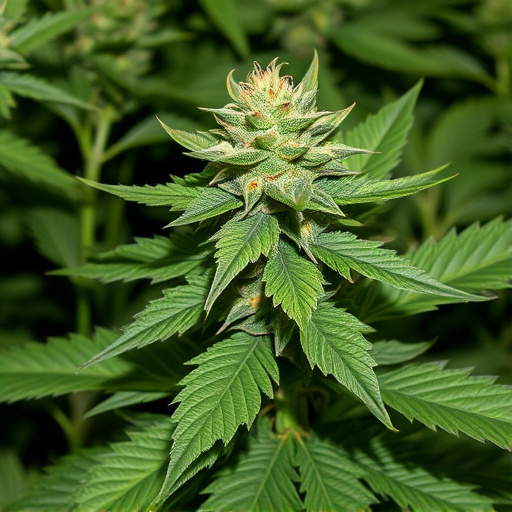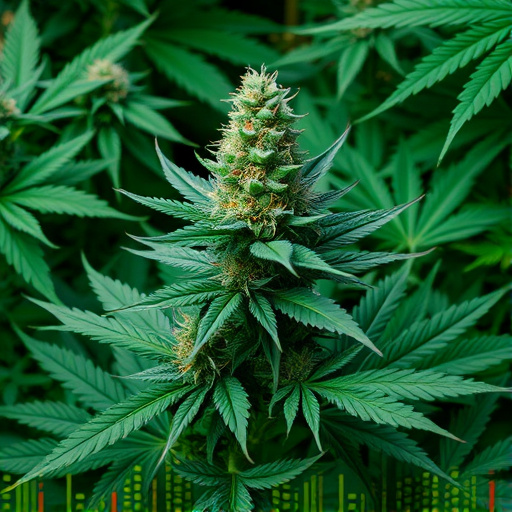OG Indica strains, known for their high THC content, bring short-term effects like euphoria, relaxation, dry mouth, red eyes, and increased appetite, but may cause anxiety or paranoia. Long-term use poses health risks, including respiratory issues from smoking, potential addiction (especially among young users), and negative impacts on mental health and brain development in adolescents. Regular cannabis use can affect memory, attention, decision-making, and academic/social performance during adolescence, potentially leading to lifelong mental health challenges.
“Unraveling the subtle yet significant side effects of smoking weed, especially the impact of OG Indica strains, is crucial for both casual users and those considering its recreational use. This article delves into the immediate consequences of short-term consumption of these potent strains, explores the long-term health risks, and sheds light on their psychological effects, particularly on young minds. By understanding these aspects, you can make informed decisions regarding your well-being.”
- Short-Term Effects of Og Indica Strains Consumption
- Long-Term Health Implications and Addiction Risks
- Psychological and Cognitive Side Effects on Young Minds
Short-Term Effects of Og Indica Strains Consumption
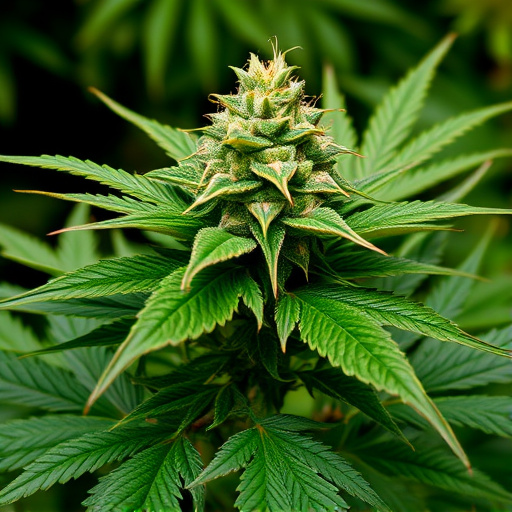
The consumption of OG Indica strains, known for their high levels of THC, can lead to immediate short-term effects. Users often experience a sense of euphoria and relaxation, which is why these strains are popular for evening or nighttime use. Physical effects may include dry mouth, red eyes, and increased appetite, commonly referred to as the “munchies.” Coordination and motor skills can be impaired, leading to a decrease in balance and reaction time, making activities that require precision or caution more challenging.
Cognitive functions may also be temporarily affected, resulting in distorted thinking, difficulty concentrating, and altered perception. Some users report feelings of anxiety or paranoia, especially with higher doses. These short-term effects can vary based on individual tolerance and the specific chemical composition of the OG Indica strain consumed.
Long-Term Health Implications and Addiction Risks
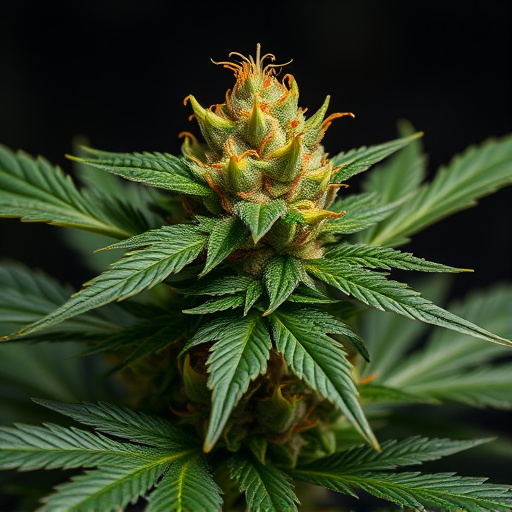
Long-term use of marijuana, including OG indica strains, has been linked to several health implications. Regular smoking can lead to respiratory issues due to the inhalation of tar and other harmful substances present in the smoke. This is particularly concerning for those who smoke frequently, as it may result in chronic bronchitis and increased risk of lung infections.
Addiction is another significant concern. While marijuana may be perceived as less addictive than other substances, long-term use can still lead to dependence. Studies suggest that regular users, especially those starting at a young age, are more likely to develop marijuana use disorder. This can have severe consequences on mental health, relationships, and overall quality of life, requiring professional help for recovery.
Psychological and Cognitive Side Effects on Young Minds

The developing brains of young people are particularly vulnerable to the psychological and cognitive side effects of smoking weed, especially with regular use. Research suggests that early exposure to cannabis can impact memory, attention, and decision-making abilities. Adolescents who start using cannabis at a young age may experience difficulties in school and social interactions due to these cognitive impairments.
OG indica strains, known for their relaxing and sedative properties, are often sought after by younger users, believing them to be less harmful. However, the long-term effects on brain development remain concerning. Studies indicate that chronic cannabis use during adolescence can lead to structural changes in the brain, affecting regions responsible for learning, motivation, and reward processing. These changes may contribute to an increased risk of mental health issues, such as depression and anxiety, later in life.
While og indica strains may offer certain therapeutic benefits, it’s crucial to be aware of their potential side effects. Short-term consumption can lead to impaired cognitive function and memory, while long-term use carries risks of addiction and mental health issues. For young minds, the psychological impacts are particularly concerning. Understanding these implications is essential for making informed decisions regarding cannabis use.








